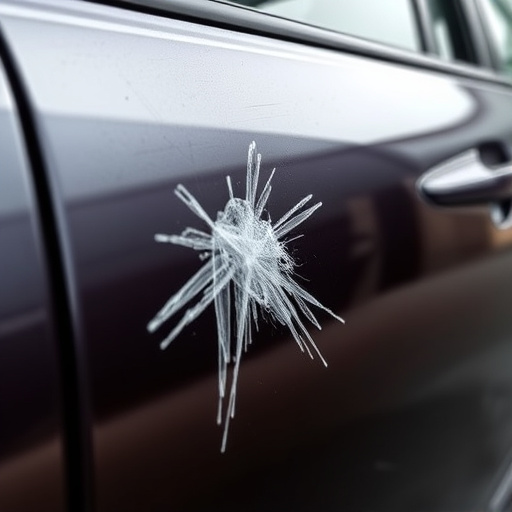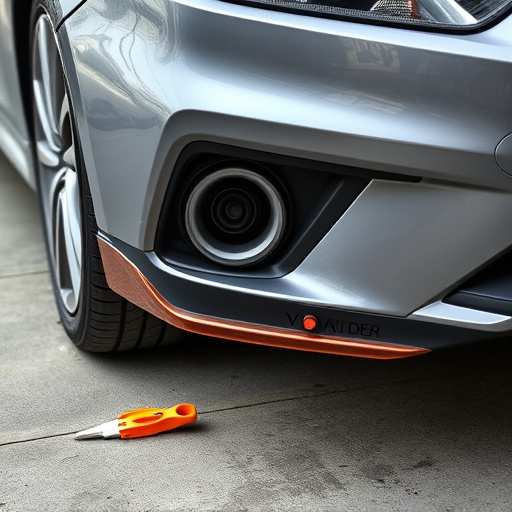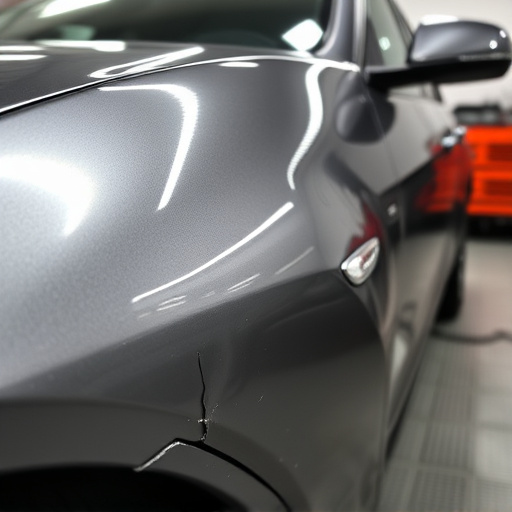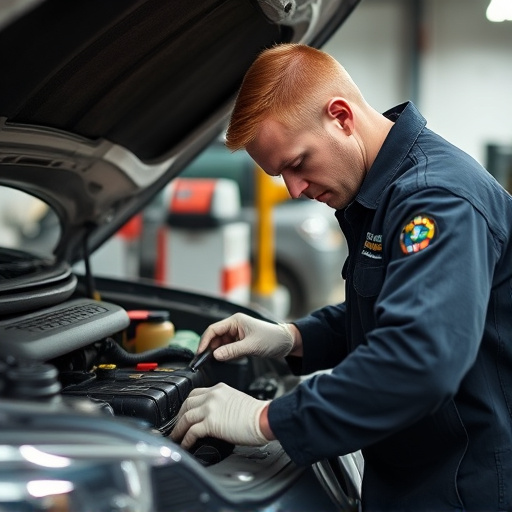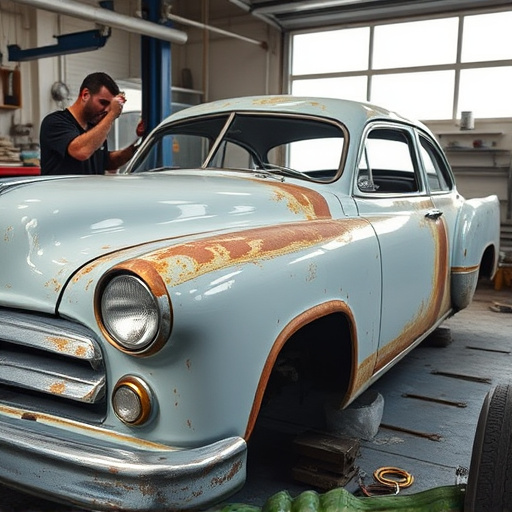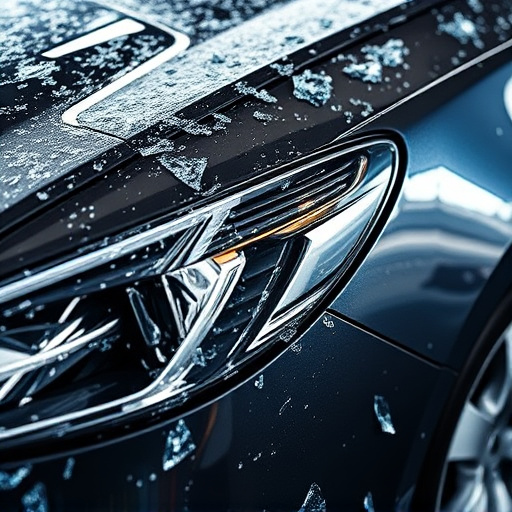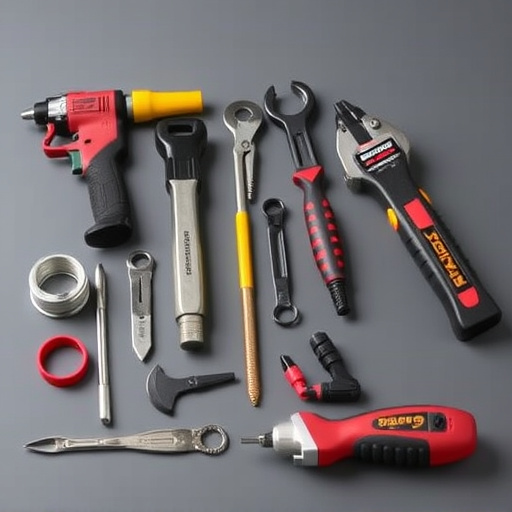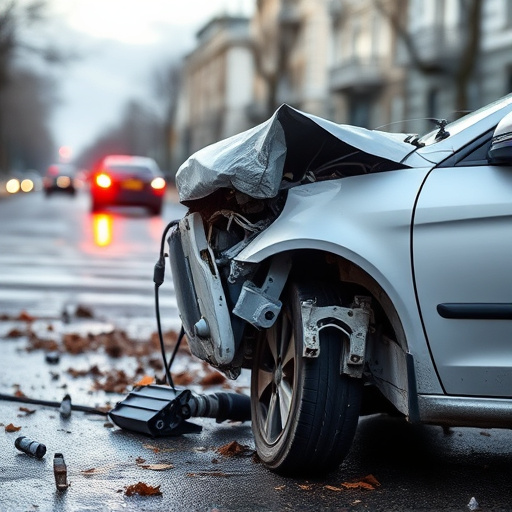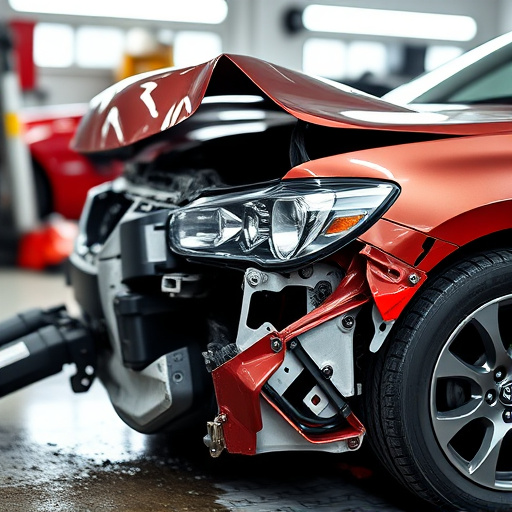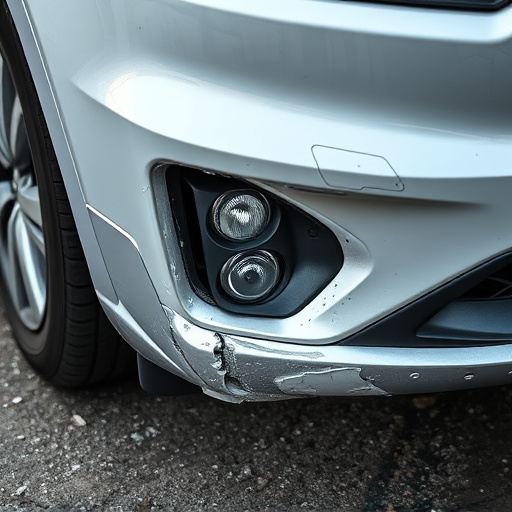Post-collision, a thorough brake system inspection is vital for preventing accidents and ensuring safe driving. This involves assessing pads, rotors, calipers, master cylinder, and wheel cylinders for damage or wear. Regular maintenance and prompt repairs by specialized mechanics restore braking effectiveness, enhance safety, and provide peace of mind. Fleet services offer packages including auto glass, bodywork, and meticulous brake assessments post-collision.
After a vehicle collision, prioritizing safety means understanding your car’s critical systems, especially brakes. A thorough brake system inspection post-collision is key to identifying potential failures and preventing future accidents. This article guides you through essential steps, highlighting common causes of brake malfunctions after collisions and emphasizing regular maintenance for optimal performance. Learn how to navigate the post-accident landscape and ensure your vehicle’s braking reliability.
- Understanding Brake System Inspection Post-Collision
- Identifying Common Causes of Brake Failure After Collisions
- Regular Maintenance to Prevent Brake System Malfunctions Following Accidents
Understanding Brake System Inspection Post-Collision
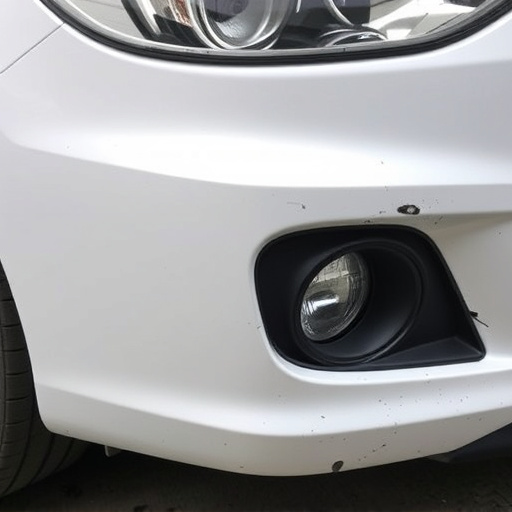
After a vehicle collision, one of the critical steps in ensuring safe operation and preventing further accidents is conducting a thorough brake system inspection. This process involves examining various components to identify any damage or wear that could compromise braking effectiveness. A comprehensive check includes inspecting the brake pads for thickness and signs of tearing, verifying the condition of the brake rotors, and checking for leaks in the hydraulic system.
During this assessment, mechanics also look into the state of the calipers, master cylinder, and wheel cylinders. Any discrepancies or abnormalities detected during the brake system inspection should be promptly addressed. Regular maintenance and timely repairs are essential to restore optimal braking performance, ensuring driver safety and peace of mind on the road. Additionally, as with any collision, considering services like auto glass replacement and auto body services for comprehensive vehicle restoration is vital in getting your car back to its pre-accident condition.
Identifying Common Causes of Brake Failure After Collisions
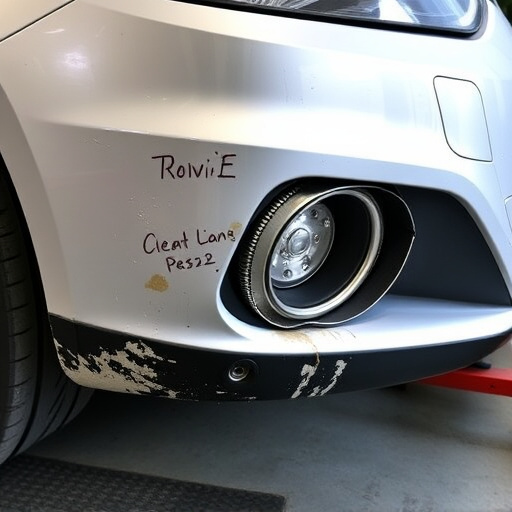
After a vehicle collision, one of the critical safety concerns is avoiding brake failure, which can lead to serious accidents. Common causes of brake failure after collisions include damaged or worn-out brake pads, warped rotors, and leaks in the hydraulic system. These issues often arise from high-impact incidents where the force of the collision can compromise the structural integrity of the brake components.
A thorough inspection of the brake system is essential immediately following a car collision repair. Auto body shops specializing in such repairs should not only fix visible damage but also conduct detailed assessments to identify potential internal damage to brakes. This proactive approach ensures that vehicles are safe to operate on the road, minimizing risks associated with defective brakes and promoting peace of mind for drivers post-auto painting or car collision repair services.
Regular Maintenance to Prevent Brake System Malfunctions Following Accidents
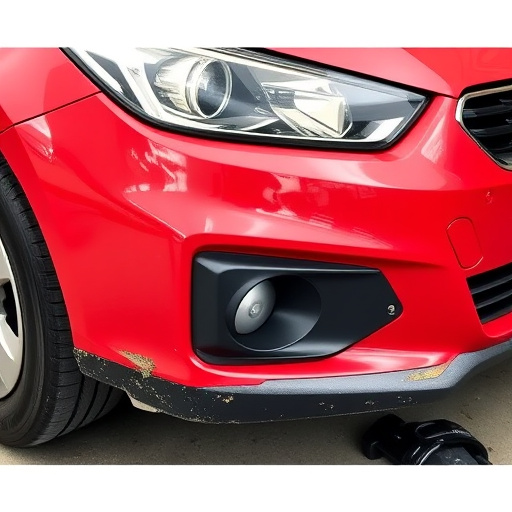
After a vehicle collision, it’s crucial to prioritize regular maintenance checks, especially for the brake system. While accidents may cause various damages, a thorough inspection can help identify potential issues within the brake components. Skilled mechanics can perform a comprehensive brake system inspection, ensuring that all parts are functioning optimally and safely. This involves checking for worn-out pads, damaged rotors, or any leaks in the hydraulic system, which are common after collisions.
Regular maintenance plays a pivotal role in preventing brake failures. Promptly addressing issues like low brake fluid levels, misaligned calipers, or damaged brake lines can significantly enhance safety and extend the lifespan of your vehicle’s braking mechanism. Many fleet repair services offer specialized packages tailored for post-collision vehicles, incorporating auto glass repair and vehicle bodywork restoration alongside meticulous brake system assessments.
In the aftermath of a vehicle collision, a thorough understanding of your brake system is crucial. Regular inspections and maintenance are key to preventing brake failures, ensuring safety on the road. By addressing common causes like component damage and fluid contamination, you can navigate post-collision care effectively. Remember, a proactive approach to brake system inspection after any accident can make all the difference in avoiding future malfunctions.

